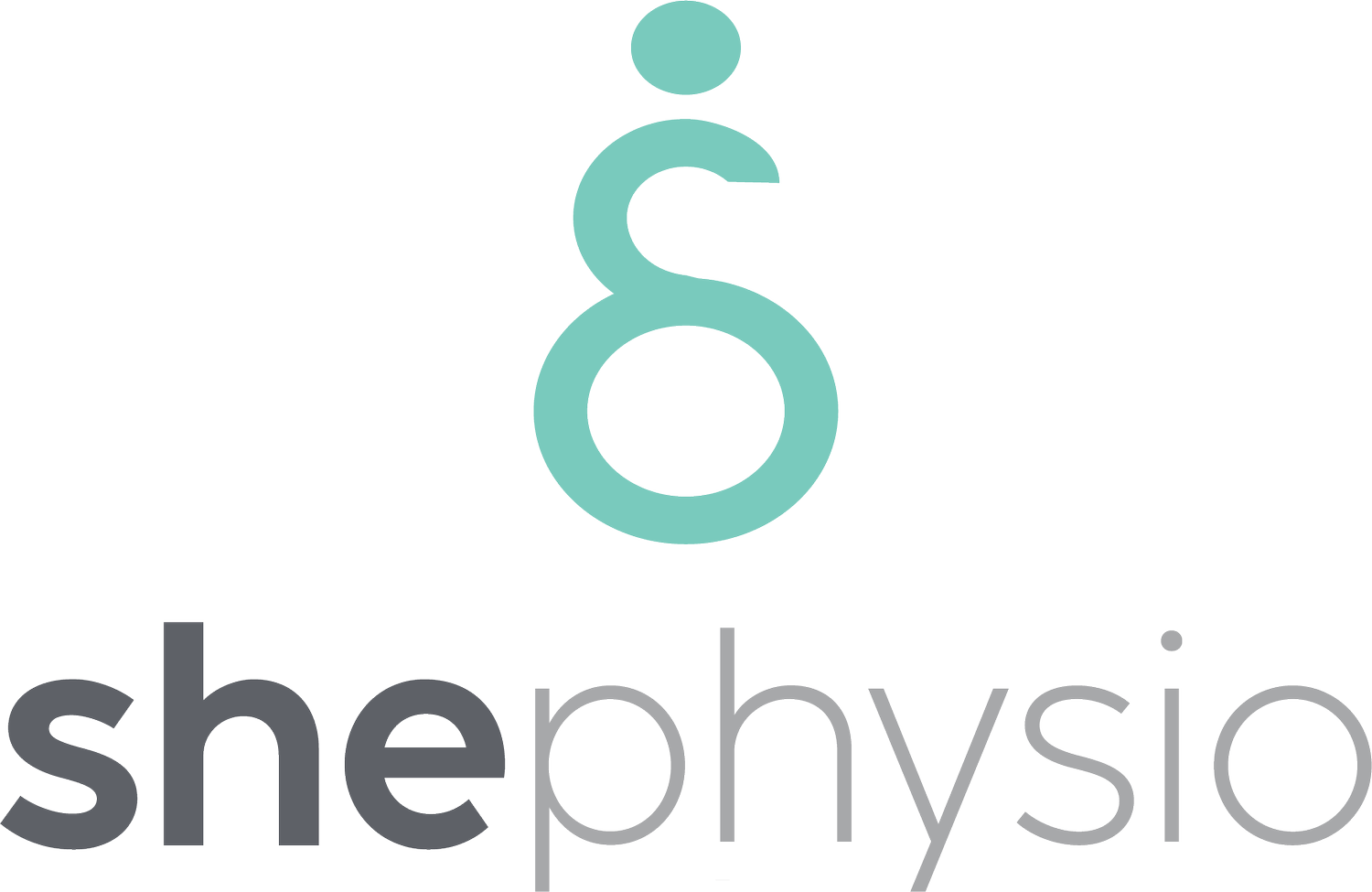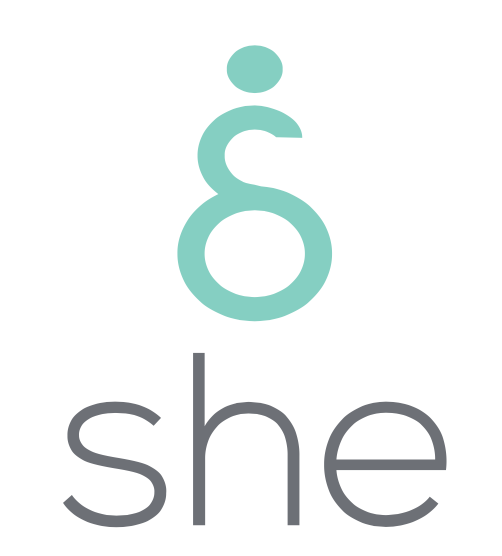Services
Pregnancy & Post-Natal
Pregnancy
Be assessed during pregnancy — specifically your abdomen and pelvic floor — to better understand how your pelvic and abdominal muscles work and change in pregnancy and following birth. Learn techniques that will improve your comfort in pregnancy, during and following birth, and help your physical recovery.
Pregnancy related aches and pains are related to the change in shape, posture, weight and hormones: pelvic girdle pain, rib pain, neck pain, spinal pain, hip pain, abdominal discomfort, wrist and hand pain.
Pelvic girdle pain is characterised by pain across the lower back and pelvis and over the pubic joint - often worse going up and down stairs, getting in and out of bed or the car or rolling in bed, and during exercise. We provide you with taping, or a pelvic belt if required, an exercise program to limit discomfort and teach you movement strategies. This responds well to manual therapy and dry needling.
Wrist, hand and thumb pain are also referred to as de Quervains, carpal tunnel and repetitive strain. These are in part, due to additional fluid carried during pregnancy and the early postnatal period, combined with the softening effect of hormones and the new and repeated activities related to late pregnancy and postnatal. These respond well to splinting, taping and progressive exercises for stretching and strengthening.
Other issues that arise during pregnancy are urinary incontinence/leakage, urinary frequency, vaginal thrush, constipation and straining, haemorrhoids and anal fissures.
Post Natal
Book your postnatal appointment for 4-6 weeks following your babe’s birth. Book this in your 38th week of pregnancy. A postnatal physiotherapy appointment is different to a medical appointment.
ShePhysio assesses multiple things: abdominal muscle separation and return to function, wounds related to birth – caesarean or perineal/peri-anal tears and episiotomies
ShePhysio assesses pelvic muscle strength, endurance and technique: the ability to close and lift well and to release correctly; and muscle function: the ability to contract well for a cough or sneeze, to lift baby and equipment and for return to exercise. Changes to bladder and bowel behaviour following pregnancy and birth may require discussion and therapy.
Diastasis - abdominal separation affects 100% of women at full term pregnancy. Diastasis resolves at different rates across the population. ShePhysio will show you how to minimise separation and speed resolution, and will advise you on specific abdominal exercise and return to sport and exercise.
You are able to begin gentle scar massage from 6weeks usually. Wound care related to birth:- wounds are generally ‘mature” by 3 months. Laser and Ultrasound help with healing. Dry needling can reduce scar discomfort and adhesions.
Expert rehabilitation is required for prolapse and muscle detachment injury.
ShePhysio liaises with your health providers to ensure optimal healthcare.
Mastitis
Mastitis is marked by swelling and inflammation in the breast, redness, swelling, density or lumpiness, tenderness and pain, cracks and abrasions on the nipples, flu-like illness and loose bowels. Mamas notice reduction in milk volumes and baby fussing at the breast. It often occurs following a change in baby’s feeding regime in the previous 48 hours. It occurs more frequently when baby is very young and at times of baby growth and reduction of breastfeeding.
Mastitis responds well to ultrasound and/or laser. We provide education, advice and teach you how to massage correctly for mastitis. ShePhysio liaise with your doctor and lactation consultant with the aim of reducing future occurrences of mastitis.
Mastitis includes other terms: blocked ducts, breast engorgement, nipple thrush, nipple fissures, milk blebs.
Did you know…. Breasts make milk as baby is feeding. Your breast milk composition changes across the day.
Please contact ShePhysio directly by phone if you suspect mastitis. I aim to see you within 24 hours.
Please TEXT now.
Pelvic
Bladder Health
Urinary Leakage is common. And it is treatable.
The Continence Foundation of Australia suggests urinary incontinence effects 38% of women and 10% of men and 20% of children. Half of the women effected are under 50 years of age.
Incontinence can be related to physical and hormonal changes in your anatomy - bladder, pelvic muscles and urethra (urine tube); in neurophysiology (internal nerve behaviour), voiding habits, drinking habits and past infections.
People typically state leakage is more common with specific triggers such as exercise or coughing, on arriving home, or it may happen with great urgency and little control.
Learn correct technique for floor muscle exercises.
Learn better ways to pass urine and bowel actions.
Physiotherapy is a first line therapy for bladder issues. Please seek help if you are pregnant, postnatal, perimenopausal or postmenopausal. Bladder problems can be associated with other pelvic issues – pain, bowel, gynaecological and muscular.
ShePhysio will see you for other bladder conditions - if you have difficulty passing urine, have recurrent infections or pain with passing urine.
Bowel Health
Normal bowel actions should be easy, soft and regular.
Normal frequency is usually daily but may vary.
Bowel symptoms can be distressing and greatly restrict your day-to-day life.
Your diet, fluid intake, and daily habits have much to do with bowel behaviour.
Other influences include - pregnancy, childbirth, pelvic injuries, medications, medical conditions, pain, surgical treatments, eating disorders, food intolerances, IBS(irritable bowel syndrome), IBD(inflammatory bowel disease), medications, medical therapies, and heavy lifting associated with exercise and your occupation.
Faecal incontinence affects 10% of women and 6% of men in Australia. Physiotherapy for bowel problems is a first line conservative approach for many anorectal and bowel issues.
ShePhysio will see you for these specific bowel conditions: irritable bowel syndrome, inflammatory bowel disease, haemorrhoids, anal fissures, inability to completely empty bowel actions, urgency of bowel actions, and pain with bowel actions.
Prolapse
Descent of pelvic organs through the vagina
Childbirth and pregnancy are the primary causes for prolapse. Other causes include obesity, chronic cough, or heavy lifting in your occupation or exercise. There is probably an inherited component in the connective tissue related to pelvic organ prolapse (POP).
Prolapse is classified according to its location (front, back or uterine), and the level of descent towards the vaginal opening. However, your experience of prolapse is more important than the measurement of prolapse. ShePhysio will address the reversible changes you can make and provide exercises for muscles strengthening. Prolapse can be associated with urinary and bowel symptoms which may require attention.
A pessary maybe offered and trialled at ShePhysio. This is a physical device that supports pelvic organs and reduces symptoms.
We provide conservative management, and liaise with your doctors and surgeons as you desire. ShePhysio will support you before and after surgery for pelvic organ prolapse.
Pelvic Pain
Chronic or persistent pain affects approximately 1 in 4 women and 1 in 12 men. More people present with this as knowledge of persistent pelvic pain increases in the medical and general community. People can live with strong pain for a long time before reporting their condition and receiving effective help.
There may be an initial incident that causes the persistent pain: infection, or a period of inflammation, physical injury, emotional trauma, menarche, endometriosis, PCOS (polycystic ovarian syndrome), bladder pain syndrome, coccydynia, anal fissures, pudendal neuralgia, IBS, IBD or sjogren’s. There may be no triggering event. Pain can increase in frequency and intensity, with secondary changes occur in organs, muscles, fascia and nerves.
Pain can effect the experience of menstrual cycles, intimacy and sex, and daily life.
Physiotherapy is a first line conservative therapy for persistent pelvic pain. ShePhysio uses education, advice, changes in behaviour, distraction techniques, manual therapy, down-training (learning to relax specific muscles), dry needling and TENS with great effect to reduce your experience of pain significantly.
ShePhysio liaises with your health providers – GP, specialists, psychologists and other health therapists to improve the outcome of persistent pelvic pain.








